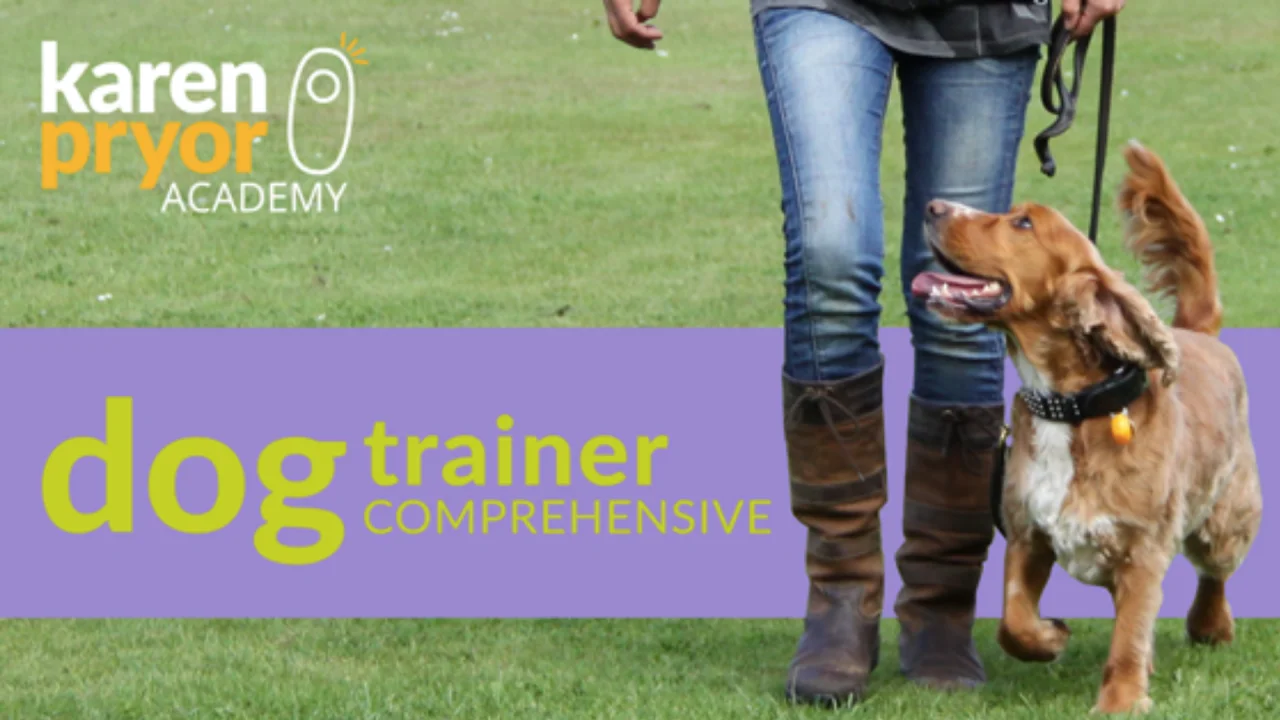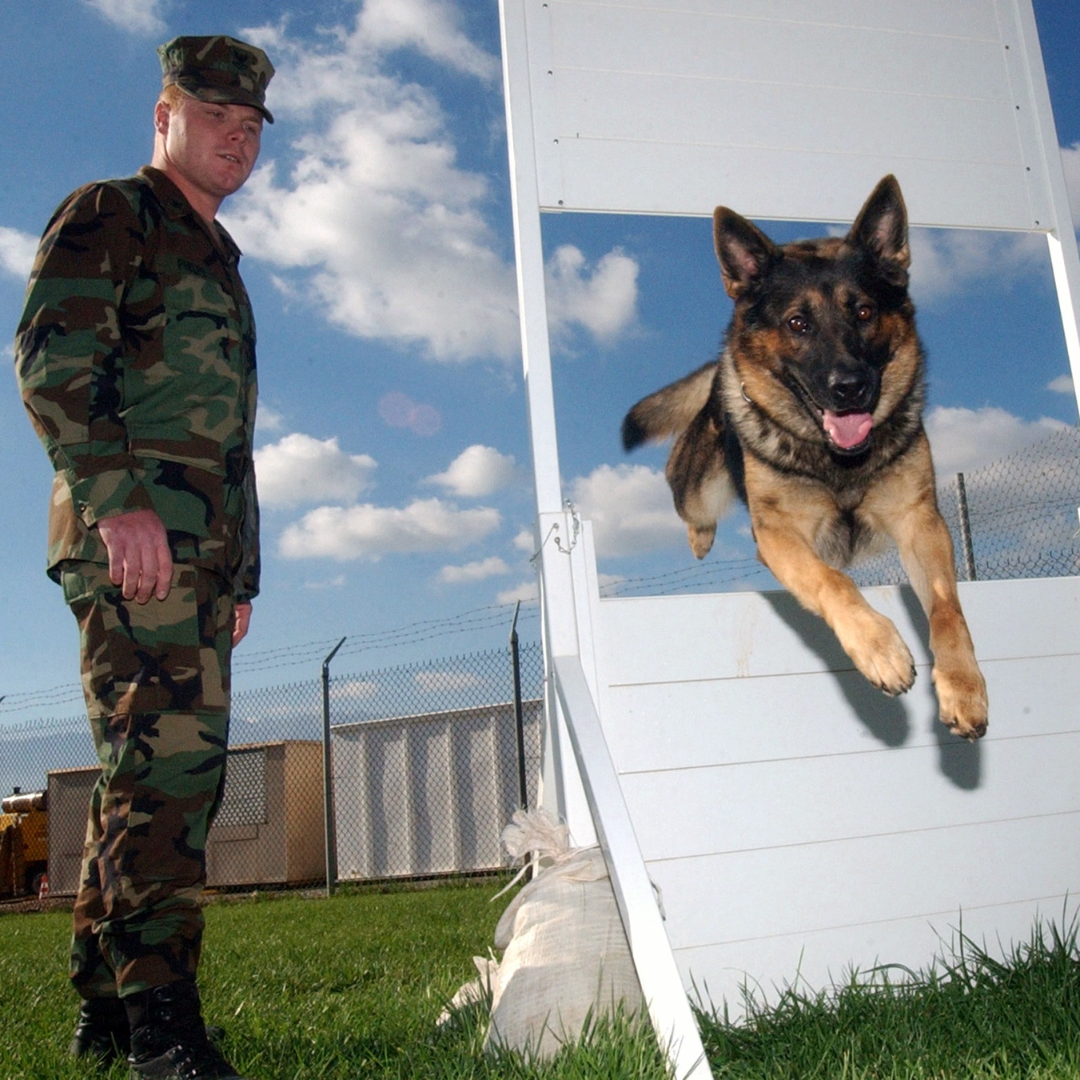Open the Secrets of Efficient Dog Training Near Me for a Happier Pet
Open the Secrets of Efficient Dog Training Near Me for a Happier Pet
Blog Article
Unlock Your Pet's Potential: Proven Pet Dog Training Strategies for Success
Effective pet training is a nuanced procedure that pivots on recognizing canine actions and utilizing clinically backed strategies. By incorporating favorable support, developing clear commands, and prioritizing socialization, canine proprietors can cultivate an effective partnership with their animals.
Understanding Pet Dog Behavior
Recognizing pet dog habits is necessary for efficient training and cultivating a positive relationship in between canines and their proprietors. A detailed grasp of canine body language, articulations, and social communications is essential for identifying their needs and emotions. Pets connect primarily via non-verbal signs; as an example, a wagging tail may suggest excitement, while pinned ears can indicate worry or entry.

Furthermore, environmental variables play a significant function in shaping a pet's behavior. Changes in regular, brand-new environments, or the presence of strange individuals can cause stress and anxiety or anxiety in canines. Recognizing these triggers enables owners to alleviate unfavorable responses and create appropriate training methods.
Ultimately, a deep understanding of pet dog habits lays the structure for effective training approaches, enhancing both actions and the general bond between the dog and its owner. dog training near me. This expertise is essential for cultivating a well-adjusted, delighted canine buddy
Positive Support Techniques
Reliable training counts heavily on favorable support strategies, which have been revealed to produce significant cause shaping desired habits in canines. This method involves rewarding a canine for showing particular actions, therefore boosting the possibility that these habits will be duplicated. Rewards can take numerous forms, including deals with, praise, toys, or play, depending on what encourages the specific pet dog.

It is important to progressively terminate rewards as the canine learns the actions, transitioning to periodic reinforcement. This strategy maintains the habits over time while stopping dependency on continuous rewards. By concentrating on favorable support, instructors can grow a relying on connection with their pet dogs, advertising a cooperative and healthy and balanced training atmosphere that improves overall obedience and efficiency.
Establishing Regular Commands
An essential element of effective canine training is the facility of constant commands. Consistency in commands is vital for reliable interaction in between the pet and the instructor. When commands are consistent, canines learn to associate details words with wanted behaviors, which accelerates the training process and enhances understanding.
To develop consistent commands, it is important that all relative use the same terms and gestures. For instance, if one person makes use of "sit" while an additional claims "take a seat," it can develop complication for the pet. Select clear, distinct words for commands and make sure everyone associated with the canine's training abides by these options.
Reinforce commands via constant method, guaranteeing that the pet dog receives ample possibilities to react properly. When a pet dog effectively complies with a command, immediate positive reinforcement must comply with.
Lastly, be client. Developing regular commands requires time and effort. With dedication and clarity, you will assist your pet establish a strong understanding of expectations, inevitably causing a mannerly friend.
Socialization and Direct Exposure
Mingling a pet is necessary for cultivating a well-adjusted and certain companion. This procedure includes subjecting your pet dog to a variety of settings, individuals, and various other animals to create their social skills and versatility. Early socialization, preferably in between the ages of 3 to fourteen weeks, is important, as it prepares for a pet dog's future actions.
Throughout socializing, goal to provide favorable experiences in different setups, such as parks, active roads, and homes with other pets. Introduce your canine to numerous stimulations, consisting of audios, views, and smells, guaranteeing that each encounter is rewarding. This exposure helps mitigate fear and anxiousness, leading the means for an extra resistant canine.
Participating in regulated team play sessions with various other pets can also improve social abilities, educating your animal suitable interactions and limits. Constantly check your canine's convenience degree during these experiences, gradually boosting direct exposure as their confidence expands. Remember, the objective is to produce an all-around pet dog that flourishes in diverse scenarios, advertising a harmonious partnership with both human beings and other animals. Prioritizing socializing will substantially add to your canine's total happiness and actions throughout their life.
Conquering Common Training Difficulties

An additional constant concern is diversion. Pet dogs may battle to concentrate in active or strange settings. Gradually desensitize your canine to disturbances by beginning training in a peaceful atmosphere and gradually presenting more stimuli as they come to be proficient (dog training charlotte nc). Favorable reinforcement strategies, such as treats and praise, can maintain inspiration and focus.
Additionally, behavior issues like leaping or too much barking can end up being frustrating. Address these by showing alternate habits, such as resting comfortably when welcoming visitors. Uniformity and patience are vital; reinforce desired habits continually and stay clear of abuse, which can lead to confusion.
Finally, acknowledge that each pet dog is special, and training timelines may vary. Tailor your approach to your canine's private requirements, and seek professional support if essential. With willpower and the appropriate strategies, overcoming these obstacles can bring about a trained, happy canine friend.
Verdict
In verdict, unlocking a dog's possible requires a comprehensive strategy that includes an understanding of canine behavior, the application of positive support methods, and the establishment of consistent commands. Early socializing and direct exposure to varied environments better improve a canine's versatility and self-confidence. By here are the findings resolving typical training difficulties with tailored approaches and patience, a cooperative and unified relationship between pet and trainer can be fostered, inevitably resulting in a well-behaved companion efficient in thriving in different circumstances.
Reliable pet dog training is a nuanced process that pivots on recognizing canine habits and utilizing clinically backed approaches.Understanding canine actions is vital for reliable training and cultivating a favorable partnership in between dogs and their proprietors.Reliable training relies heavily on positive reinforcement techniques, which have been shown to yield significant results in forming wanted actions in pet dogs. When commands are uniform, canines learn to link details words with wanted habits, which speeds up the training process and enhances understanding.
In verdict, unlocking a dog's possible demands a comprehensive approach that includes an understanding of canine actions, the application of positive reinforcement strategies, and the facility of constant commands.
Report this page